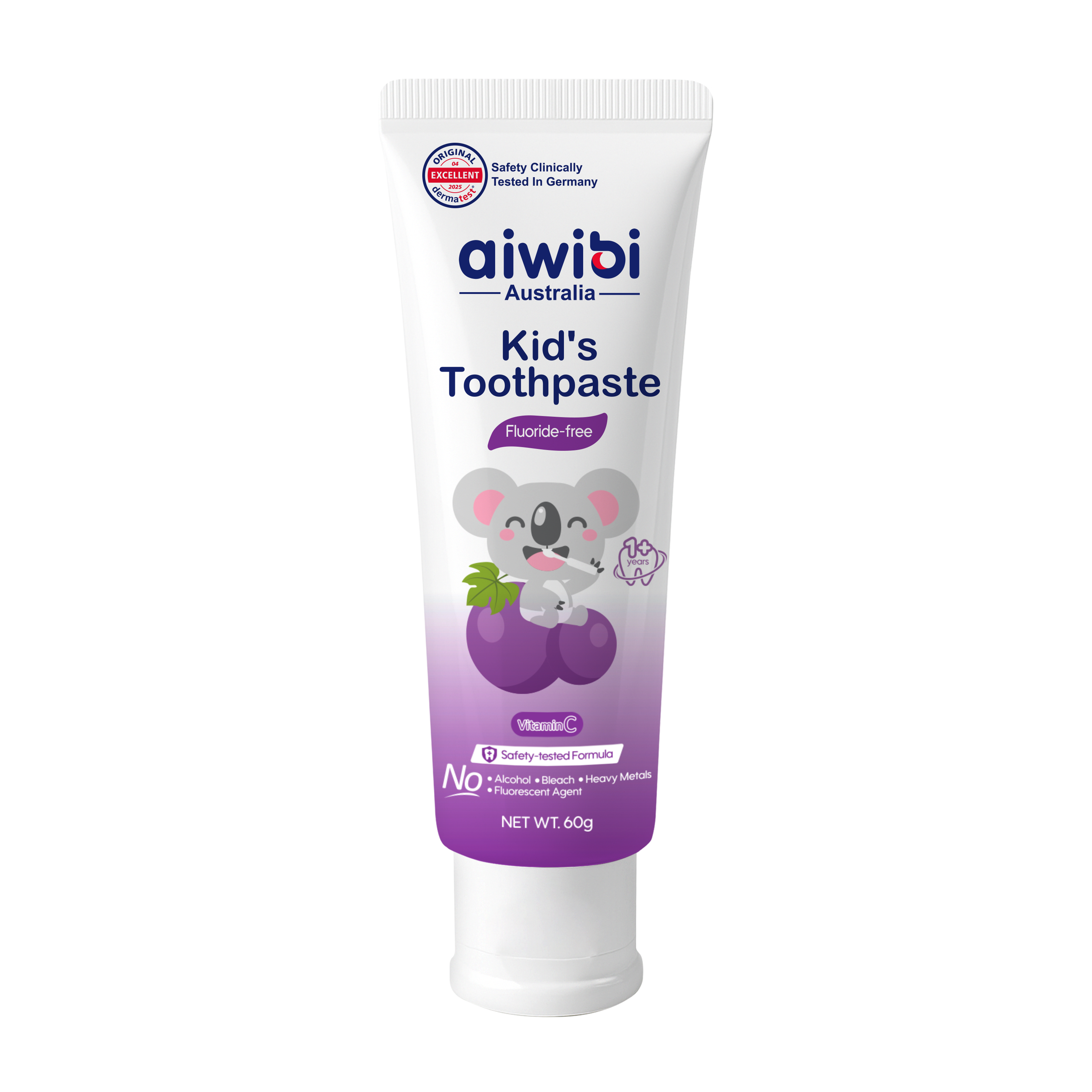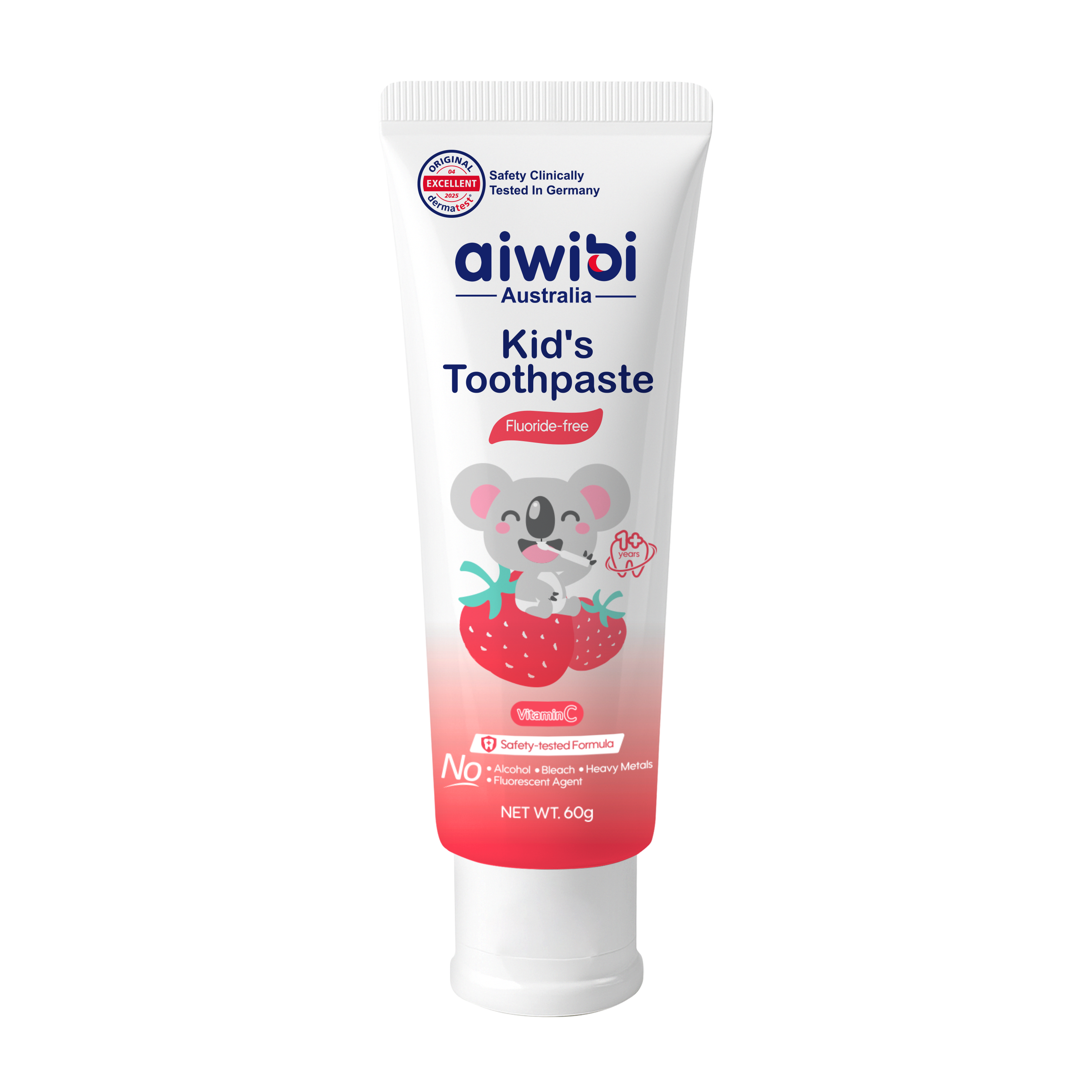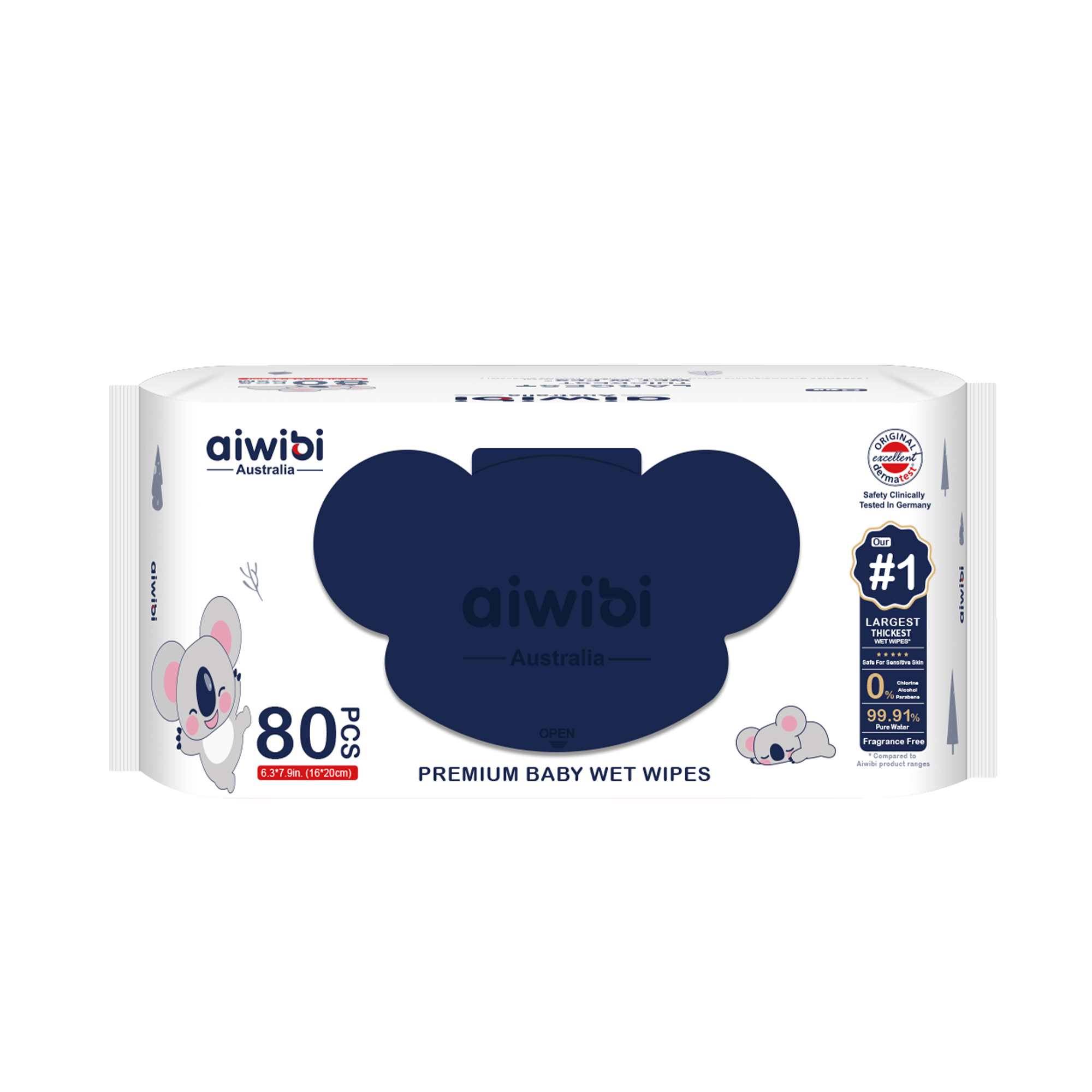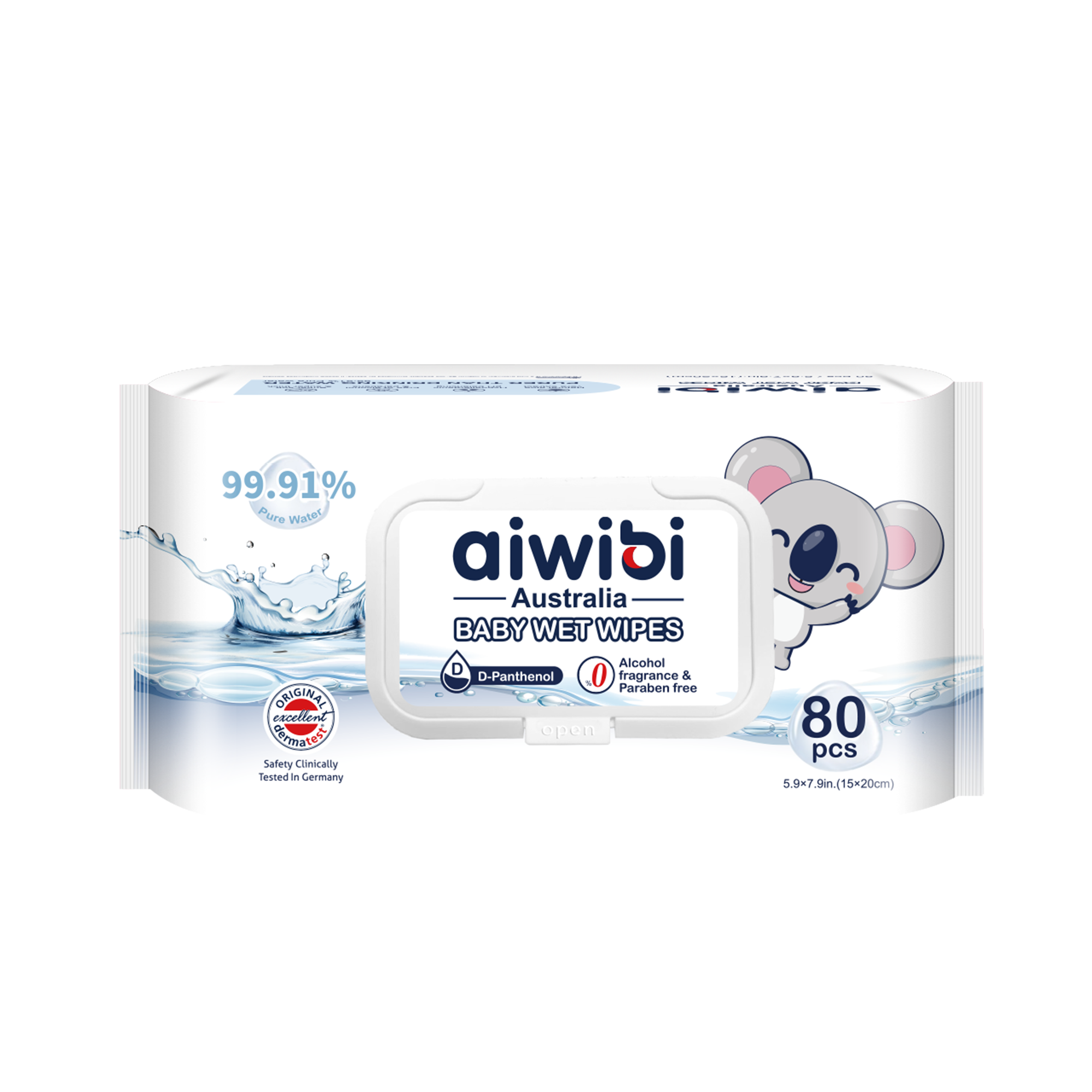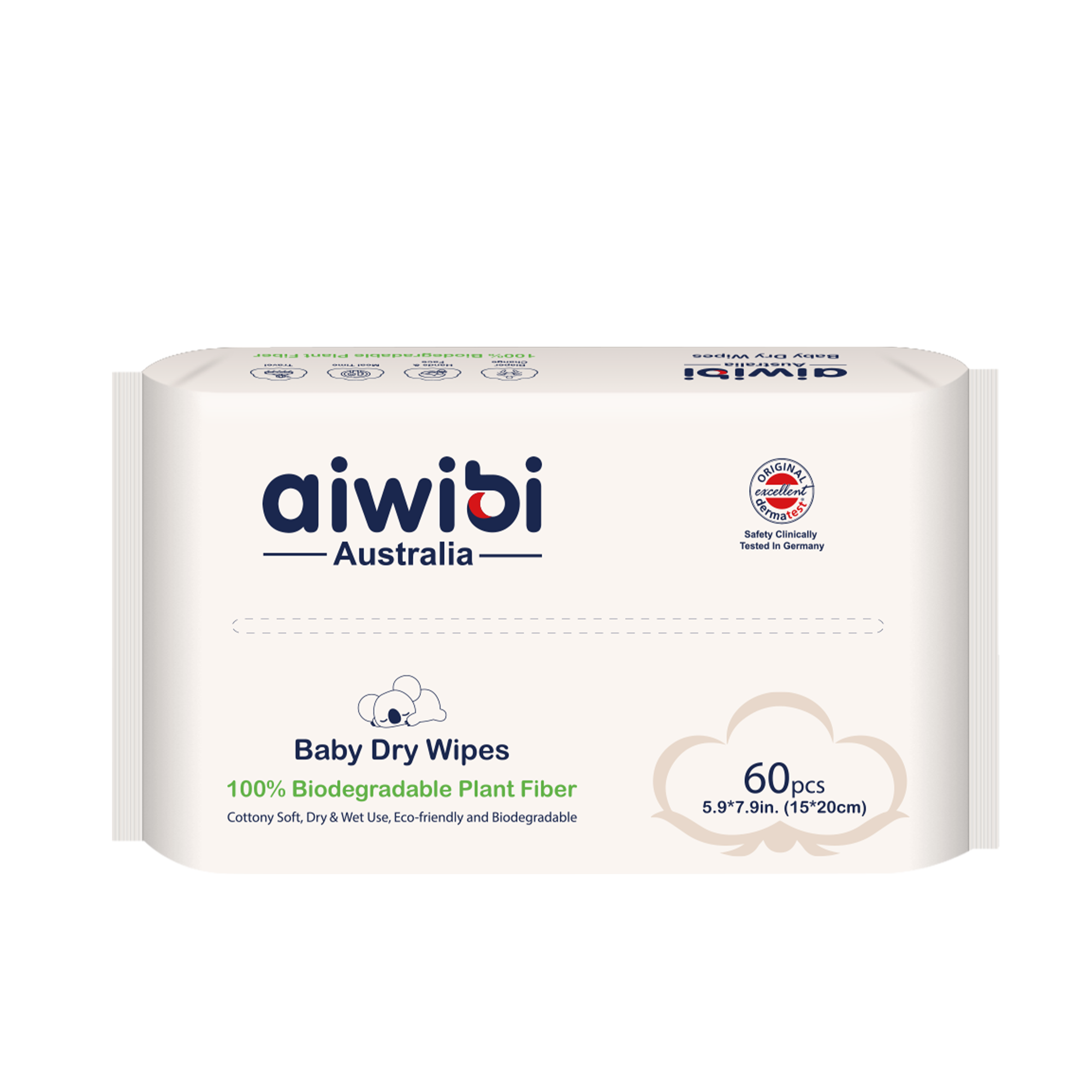Starting solids is a significant milestone for both you and your baby! It's an exciting time to introduce new flavors and textures. However, this transition can sometimes bring a common challenge: constipation. Seeing your little one struggle with discomfort can be worrisome. This article will address infant constipation after starting solids, offering practical tips and advice.
Is Constipation Normal After Starting Solids?
Yes, it's relatively common for babies to experience changes in their bowel habits, including constipation, after starting solids. Their digestive system is still developing, and adjusting to new foods takes time. However, recognizing the signs of constipation and knowing when to seek help is crucial.

Signs of Constipation in Babies
- Infrequent bowel movements: While the frequency of pooping varies, going several days without a bowel movement (especially if they were previously regular) can be a sign.
- Hard, pebble-like stools: Instead of soft, formed stools, your baby's poop might be small, hard, and difficult to pass.
- Straining or discomfort during bowel movements: You might notice your infant grunting, crying, or straining excessively when trying to poop.
- Bloating or gas: A swollen belly and increased gas can also indicate constipation.
- Decreased appetite: A constipated infant might be less interested in feeding.
There are two main reasons why a infant may become constipated:
- Dietary Imbalance: A diet high in meat and low in vegetables can lead to insufficient fiber intake, causing constipation.
- Food Allergies/Intolerances: Constipation can sometimes be a sign of a food allergy or intolerance. Certain foods in your baby's new diet might be the culprit. Identifying potential allergens is important.
How Long Does Constipation Last?
Constipation after starting solids can last from a few days to a few weeks. It often resolves as your baby's digestive system adjusts. However, if it persists or worsens, seek medical advice.

Should I Stop Solids If My Baby Is Constipated?
Generally, you don't need to stop solids entirely unless your pediatrician recommends it. Instead, focus on adjusting the type and amount of solids, ensuring adequate fluid intake, and trying the remedies below.
What To Do If Baby Is Constipated After Starting Solids?
- Balanced Diet: In addition to daily milk intake (breast milk or formula), ensure a balanced diet with adequate vegetables and fruits. A good mix of meat and vegetables is essential. Consider supplementing with dietary fiber (like prebiotics) to promote beneficial gut bacteria and prevent constipation.
- Increase Water Intake: Some babies are constipated due to insufficient water intake. Their stools are usually dry, hard, and dark. Increase the amount of water your baby drinks, offering warm water as appropriate (check with your pediatrician for age-appropriate amounts).
- Encourage Exercise: Physical activity helps with bowel movements. Encourage your baby to crawl, roll, or walk. For younger babies, gently move their legs in a cycling motion, pushing their knees alternately toward their abdomen. This can help move food through the digestive system.
- Gentle Massage: Gently massaging your baby's tummy in a clockwise direction can sometimes stimulate bowel movements.
- Warm Bath: A warm bath can relax your baby's muscles and make it easier to pass stool.
- Consult Your Pediatrician: If constipation doesn't improve with home remedies, or if you notice blood in the stool, severe abdominal pain, vomiting, weight loss, refusal to eat, or fever, seek medical advice immediately.
When to Call the Doctor
It's important to consult your pediatrician if your infant experiences any of the following:
- Constipation lasting longer than two weeks
- Blood in the stool
- Severe abdominal pain or bloating
- Vomiting
- Weight loss or poor weight gain
- Refusal to eat
- Fever
- Any other concerning symptoms
Starting solids is an exciting journey! With patience and understanding, you can help your baby navigate this transition smoothly.

